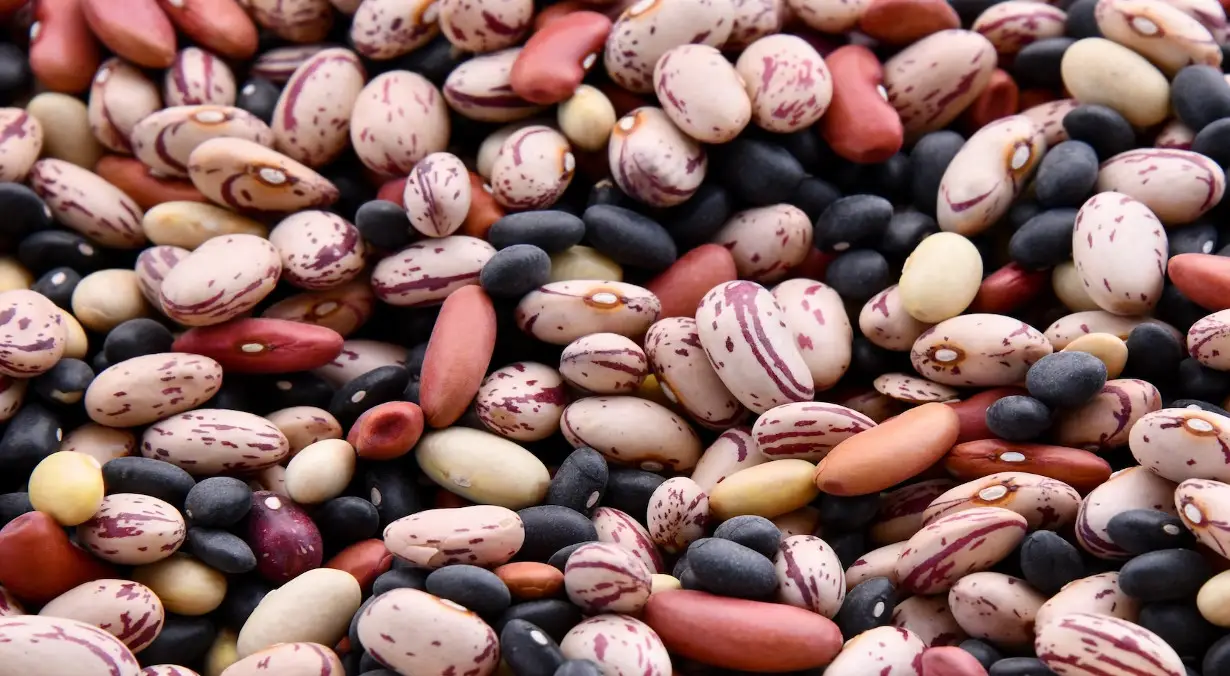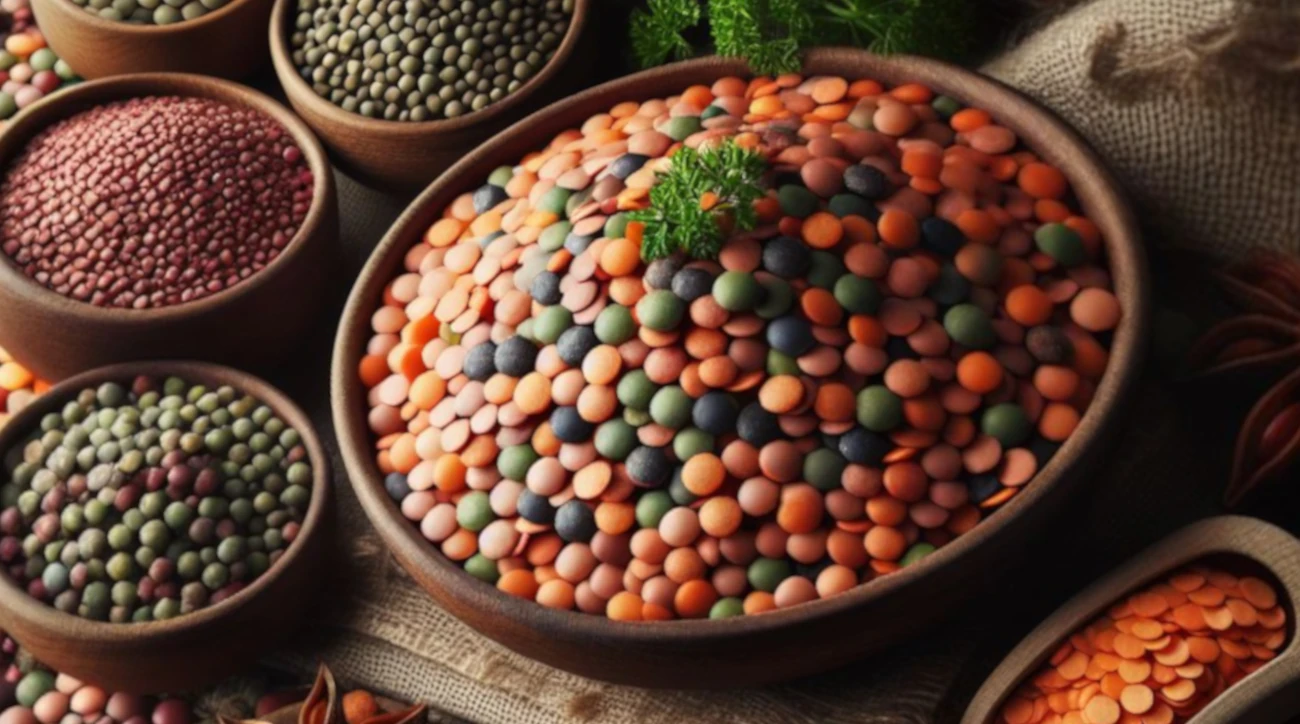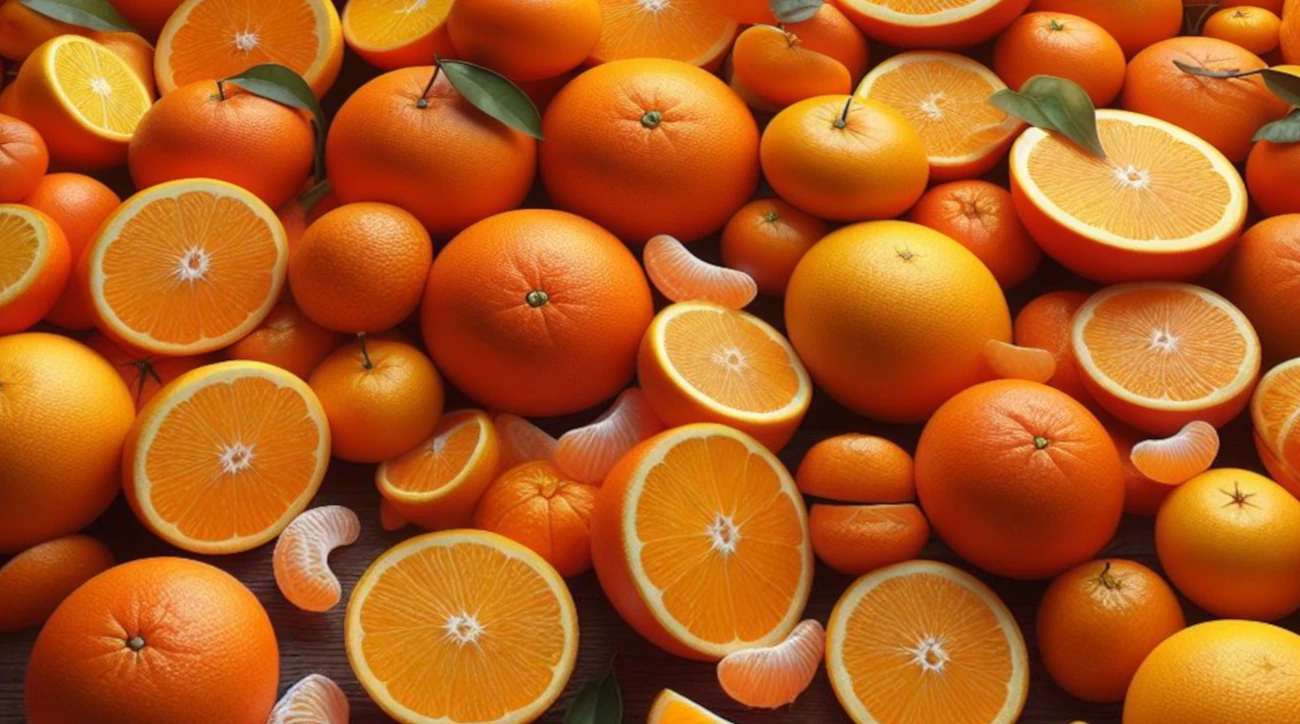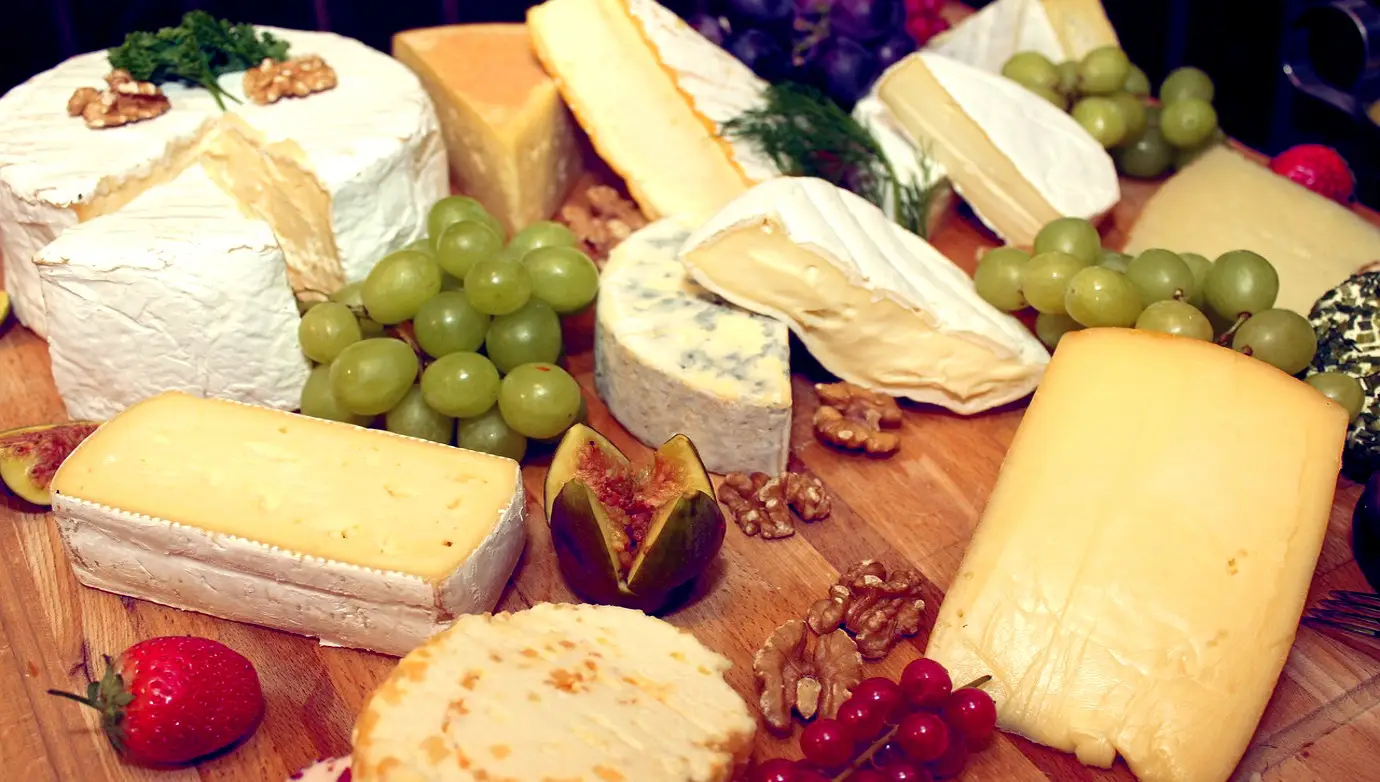Black Beans Lysine and Arginine Info Sheet
Overview
Black beans, also known as turtle beans, are a variety of the common bean (Phaseolus vulgaris).They are a staple food in many cultures due to their high protein content.
Black beans are rich in fiber, protein, and antioxidants. They are also a good source of several vitamins and minerals, including vitamin B1, iron, magnesium, phosphorus, manganese, and molybdenum.
| Name | Lysine (mg/100g) | Arginine (mg/100g) | Ratio |
|---|---|---|---|
| Black Beans | 608mg | 549mg | 1.11 |
Black Beans contains 608mg of Lysine and 549mg of Arginine per 100g of product.
This means Black Beans has a neutral Lysine-Arginine ratio of 1.11.
Because Black Beans has a neutral ratio of lysine and arginine, it does not have a significant impact on people who suffer from herpes, as it does not affect the viral activity.
Lysine Considerations
Black beans contain 608mg of lysine per 100g. Lysine is an essential amino acid that supports protein synthesis, collagen formation, and immune function.
It's one of the nine amino acids that the body can't produce, so it must be included in our diet.
Lysine has a variety of roles in the body, such as aiding in growth, healing, energy production, immune function, and the production of collagen.
Research indicates that lysine may have an impact on the herpes virus, which is responsible for cold sores and genital sores.
Taking lysine supplements or using lysine cream could potentially prevent or treat these infections by stunting the amino acid arginine, which the virus requires for growth.
Arginine Considerations
Black beans contain 549mg of arginine per 100g. Arginine is a semi-essential amino acid that plays a role in several bodily functions, including wound healing and immune function.
Arginine can contribute to cold sore outbreaks, which are blisters caused by the HSV-1 virus, also known as herpes.
Arginine aids in the growth of HSV-1, which needs this particular amino acid to multiply and infect cells.
Arginine can be obtained through our diet, and is found in multiple high-protein foods such as nuts, seeds, and chocolate.
Regrettably, the herpes virus is known to "feed" on arginine, and a diet rich in arginine compared to lysine may increase the frequency and severity of cold sores and herpes outbreaks.
Lysine-Arginine Ratio
Black beans have a balanced lysine-arginine ratio. This means they provide a good balance of these two essential amino acids, which is important for overall health.
Both lysine and arginine are important for protein synthesis and other bodily functions.
The two compounds can affect the herpes simplex virus, which is responsible for cold sores and genital herpes, in opposite ways.
Lysine can your body or stop the virus from reproducing, while arginine can help it propagate.
Eating foods with a high lysine-arginine ratio could help lower the appearance and severity of herpes outbreaks.
Some foods that have a high lysine-arginine ratio are milk and cheese, fish, poultry, fruits, and vegetables.
These foods can give the body enough lysine to prevent the virus from taking up arginine, and thus stop its growth and spread.
Dietary Considerations
Legumes are plant-based foods that are high in protein, fiber, and minerals.
Legumes also contain lysine and arginine, but the amount varies depending on the type of legume.
Soy-based products, such as tofu, tempeh, soybeans, and soy milk, have more lysine than arginine, which makes them suitable for people with herpes.
Other legumes, such as beans, lentils, and chickpeas, have more arginine than lysine, which makes them less favorable.
These legumes can still be consumed in moderation, as they have other health benefits.

For example:
A diverse and nutritious diet that supports your immune system and fights inflammation is essential.
This means you should eat lots of fruits, vegetables, whole grains, lean protein, and healthy fats, and steer clear of processed foods, added sugars, alcohol, and caffeine, which can harm your health.
L-lysine supplementscan help you prevent herpes outbreaks and stop a cold sore before it develops by depriving the virus of arginine, which it needs to form a cold sore.
Avoiding foods that can cause allergic reactions or sensitivities, such as gluten, dairy, nuts, eggs, or shellfish.
These foods can trigger inflammation and weaken your immune system, making you more susceptible to outbreaks.
Foods that can boost your immunity and fight inflammation are essential to prevent outbreaks.
Honey, yogurt, aloe vera, and chamomile are some examples of these foods.
They can also soothe your symptoms and help you recover quicker by reducing pain, swelling, and itching.
Check more food information






